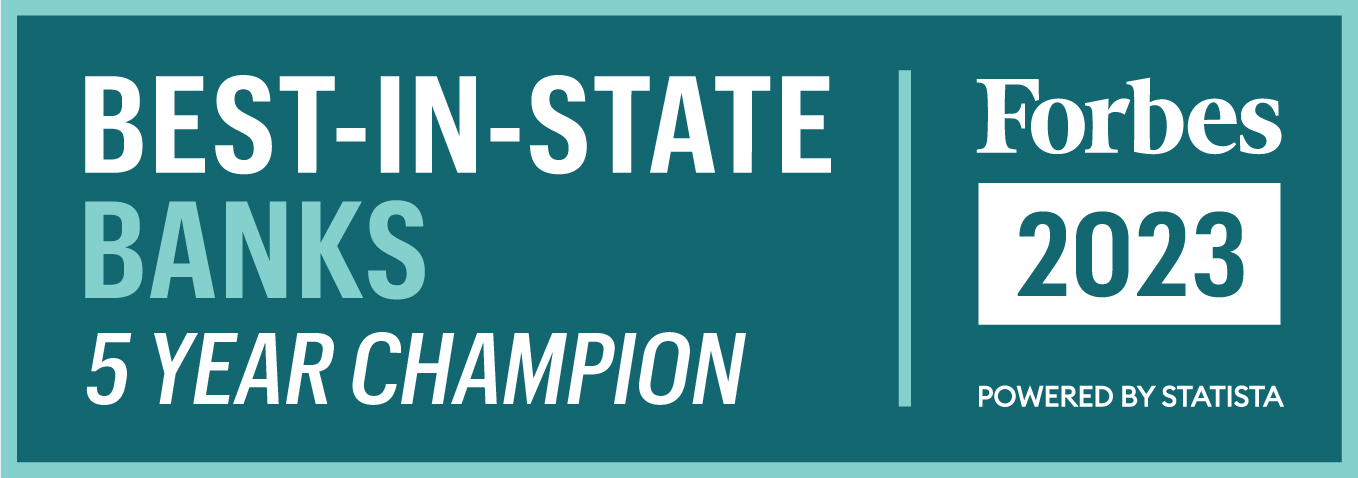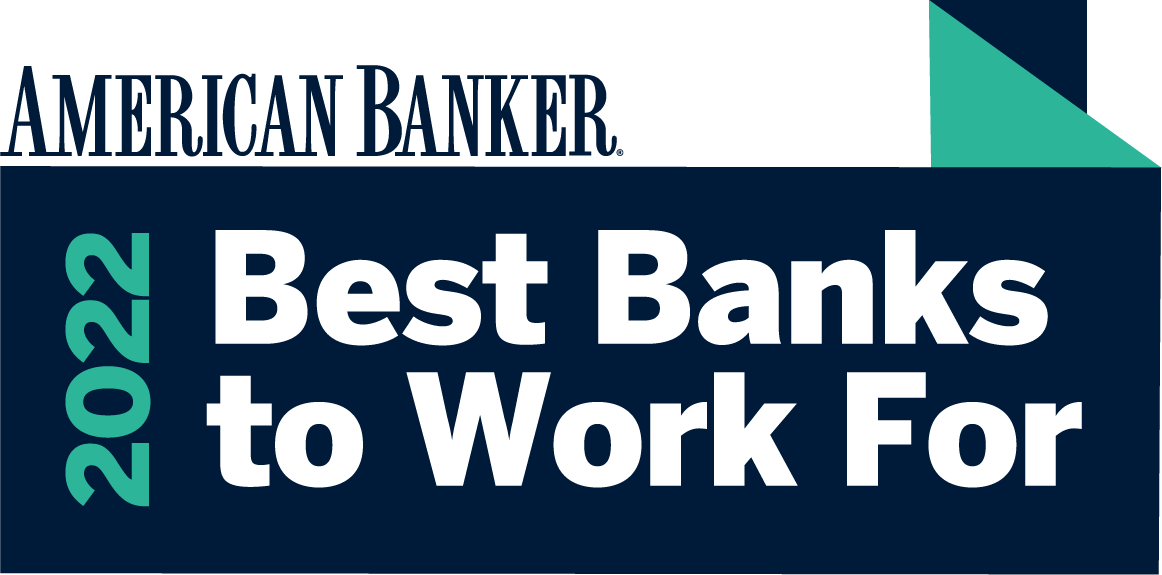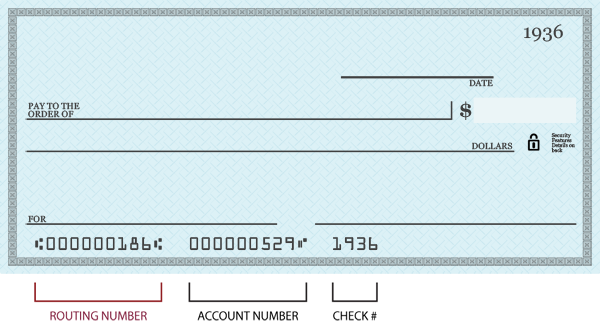When used responsibly, credit cards can help boost your credit score and earn awards such as airline miles, reward points or cash back. When credit cards are not used properly, debt can pile up quickly and your credit score can be damaged in the process. Recent surveys revealed the average U.S. household owes $16,061 in credit card debt!
If you’re thinking about getting your first credit card or are looking to get better control of your current balances, it’s important to understand what can hurt your credit rating and financial health. Here are six credit card mistakes to avoid.
- Applying for too many cards at once. Several applications for new credit cards in a short period of time can cause your credit score to drop significantly. Each time you apply for a card, a hard inquiry is generated on your credit report and every hard inquiry brings down your score. This behavior can signal financial risk to lenders and decrease your likelihood of being approved.
- Making the minimum monthly payment. It can be tempting to pay only the minimum monthly balance on your credit card, but this approach increases the amount of interest you pay. You can actually end up paying more than what the purchased item was worth depending on the interest rate. Increasing the monthly payment will help you pay off the balance sooner and save you money.
- Paying bills late. Credit reports indicate late payments in 30-day increments so any payment overdue by even one day counts as 30 days late. Making late payments can result in a late fee, increased interest rate, and damage to your credit score. Avoid this mistake by setting a reminder for yourself at least a week before the end of the billing cycle. Even though most credit cards can be paid online, you still need to leave enough time for processing to avoid your payment being late.
- Maxing out your limits. The more you charge, the harder it will become to pay off the balance. In addition, maxing out your credit limit can also raise your credit utilization ratio — the amount of available credit you’re using. A high credit utilization ratio can lower your credit score. The general rule of thumb is that you should not spend more than 30% of your revolving credit card limits. For example, if you have two cards, one with a credit limit of $1,000 and one with a limit of $3,000, 30% of your total limit would be $1,200. You should never charge more than $1,200 total on your cards.
- Taking out a cash advance. Interest rates on cash advances are almost always higher than the rate on purchases, and interest starts accruing the first day you take the advance. In addition, cash advances typically include a fee that is either a flat rate or a percentage of the cash advance amount. Unless you have an emergency, it’s best to avoid taking out a cash advance.
- Cutting your card. You’ve racked up a lot of credit in the past so you think the best thing to do is cancel and shred your cards with a high credit limit, right? WRONG! This can affect your credit score by shortening the length of your credit history and most likely decreasing your credit utilization ratio. It’s better to keep the card open and use it for smaller purchases that can be easily paid off. If you need to consolidate your cards, payoff the card you’ve had for the shortest amount of time with the poorest payment history.
We’re here to help! Lakeland Bank offers information on personal banking on our website. We also have a team of trusted financial planners to help work through your financial needs and options. Our Customer Service Team can be reached at 866-224-1379.




